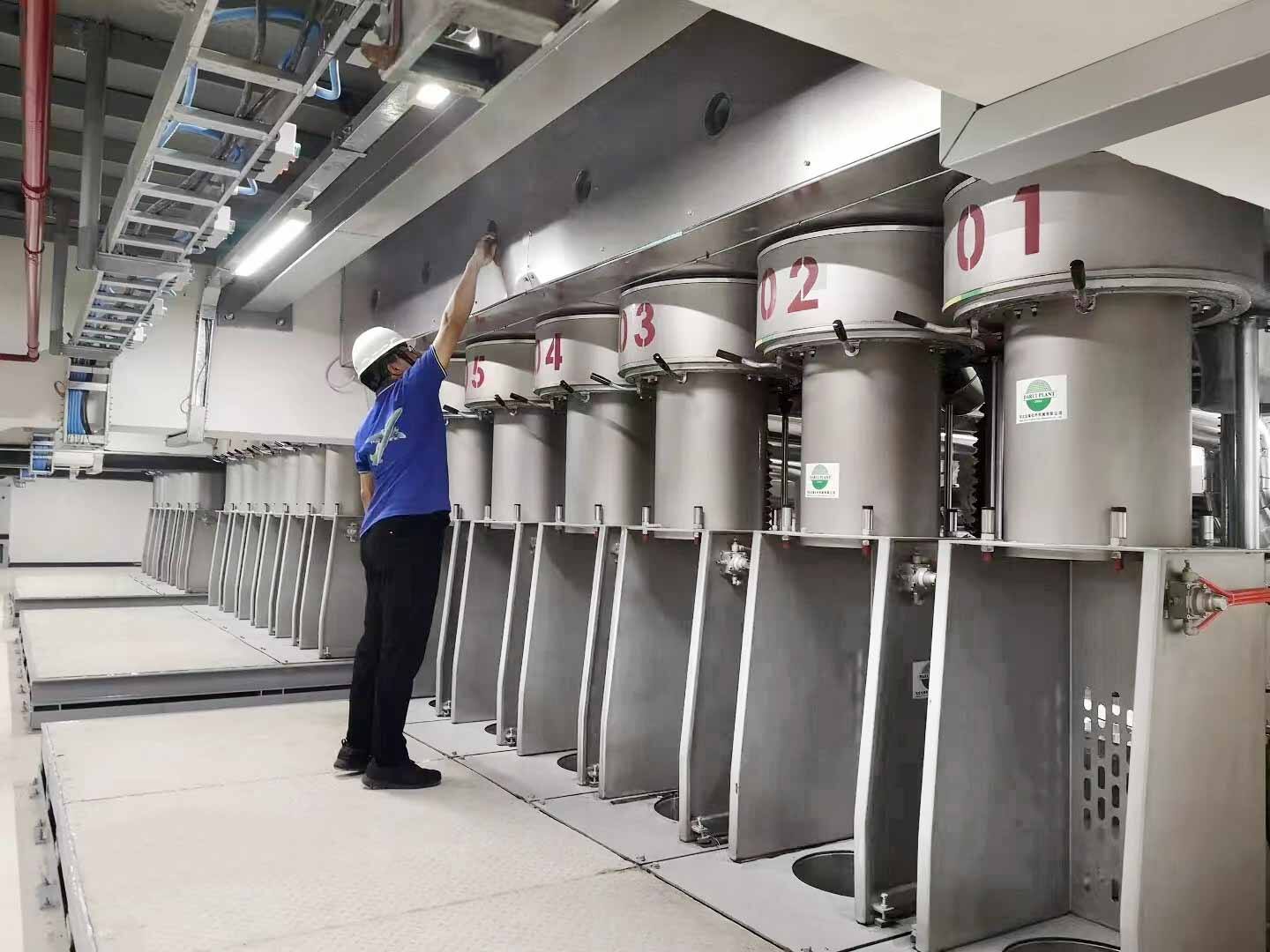
Polyester staple fiber goes through various processes like polymerization, spinning, and finishing. At Suzhou Soft Gem Intelligent Equipment Co., Ltd., we focus on integrated solutions that improve all your productivity phases. Our facility and design engineering maximize quality and reduce costs. Understanding customer needs, we've adapted our solutions to various cultural and technical environments for our international clientele.

